Mullvad VPN codes are now available on Amazon
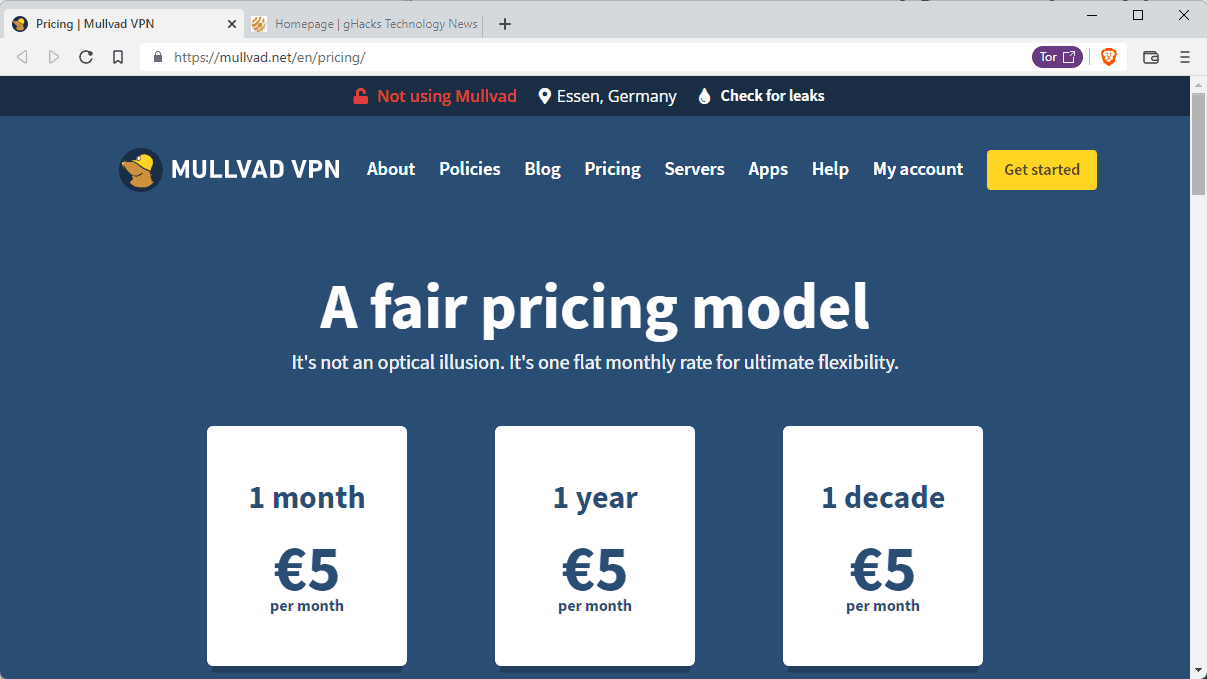
Swedish VPN provider Mullvad has expanded the accepted payment methods to include Mullvad VPN codes bought on Amazon to the list.
Mullvad VPN is a privacy-first VPN provider that does several things differently than most of the VPN providers out there. This starts with the flat monthly pricing rate that does not change the longer you subscribe to the service. Recently, the company announced that it would drop recurring subscriptions to further improve user privacy.
Speaking of payments, Mullvad VPN customers have access to plenty of options already, including cash, Bitcoin, bank wire, credit card, PayPal and others. Some of these guarantee total anonymity, others not so much.
The latest addition are Mullvad VPN gift cards that customers may purchase from Amazon. The cards are available for $60, currently discounted by 5%, and that gives users 12 months of access to the service on up to 5 devices.
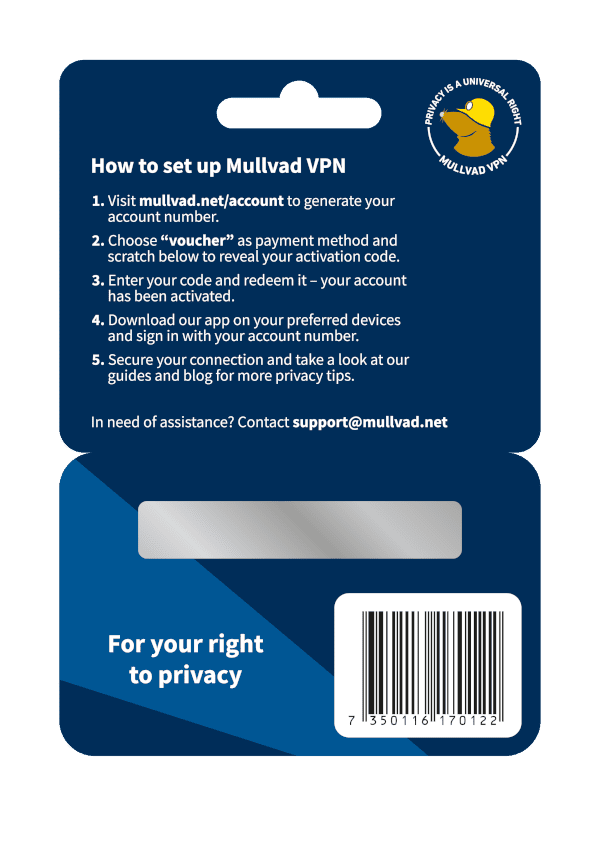
Scratching the designated area on the physical gift card reveals the voucher code. Mullvad VPN customers may enter the code on the provider's website to generate an account number and start using the service. It is furthermore possible to give the code to someone else.
While the gift card payment option may sound like a bad thing for privacy, it is not actually. When you buy the card on Amazon, Amazon is aware that you purchased a gift card. What the shopping giant does not know is the actual code that is on the card. Mullvad VPN on the other hand accepts the code, but it can't link the payment to the Amazon user account.
Mullvad notes on its blog:
The design of the activation code removes the possibility for third parties to link a payment to a Mullvad account, for privacy.
The new gift card payment method adds another option to the growing list of supported payment methods. Some payment options provide even better privacy, but they may not be available to everyone.
The gift cards are available already on the Amazon US, SE and DE stores. The company plans to launch them soon on other Amazon Stores, including UK, NO, AU, NL, FR, ES and CH.
Now You: are you subscribed to a VPN? How did you pay?



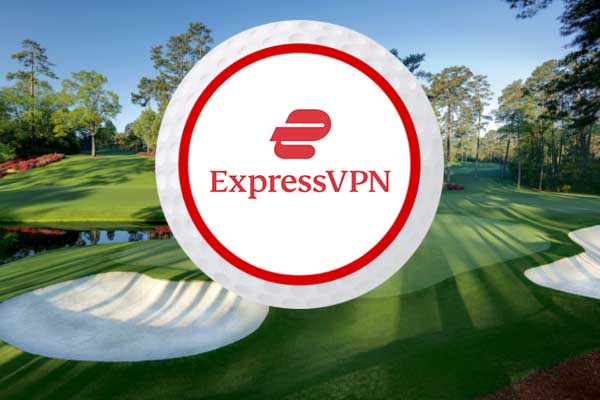
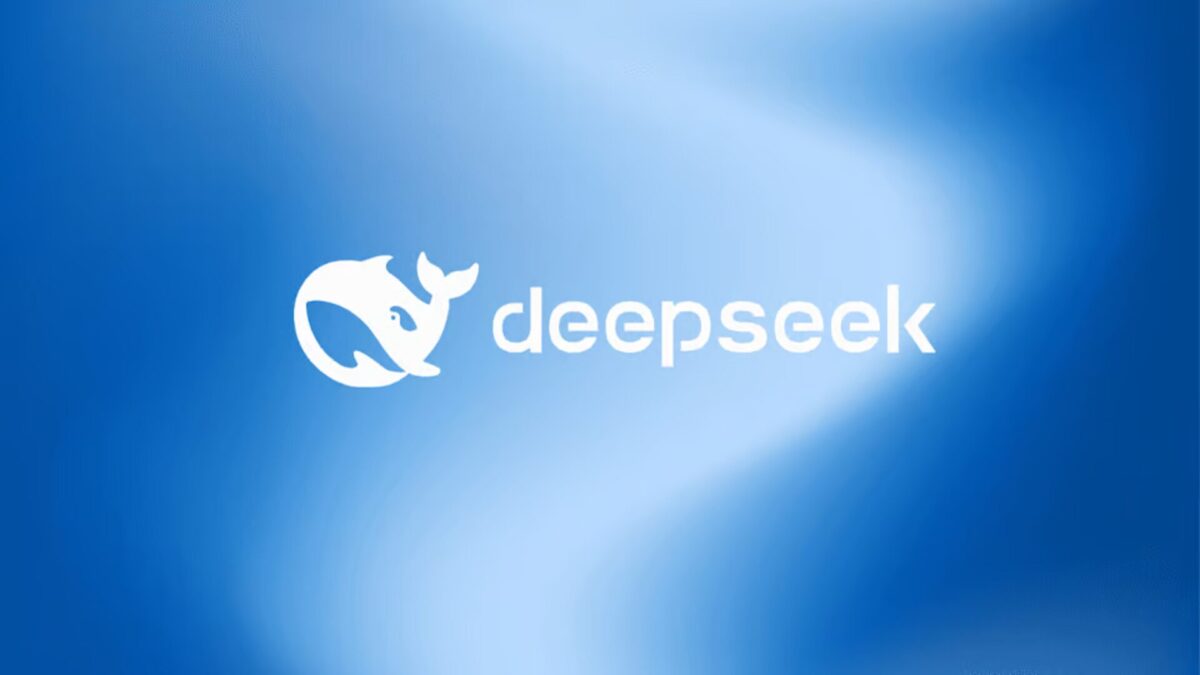
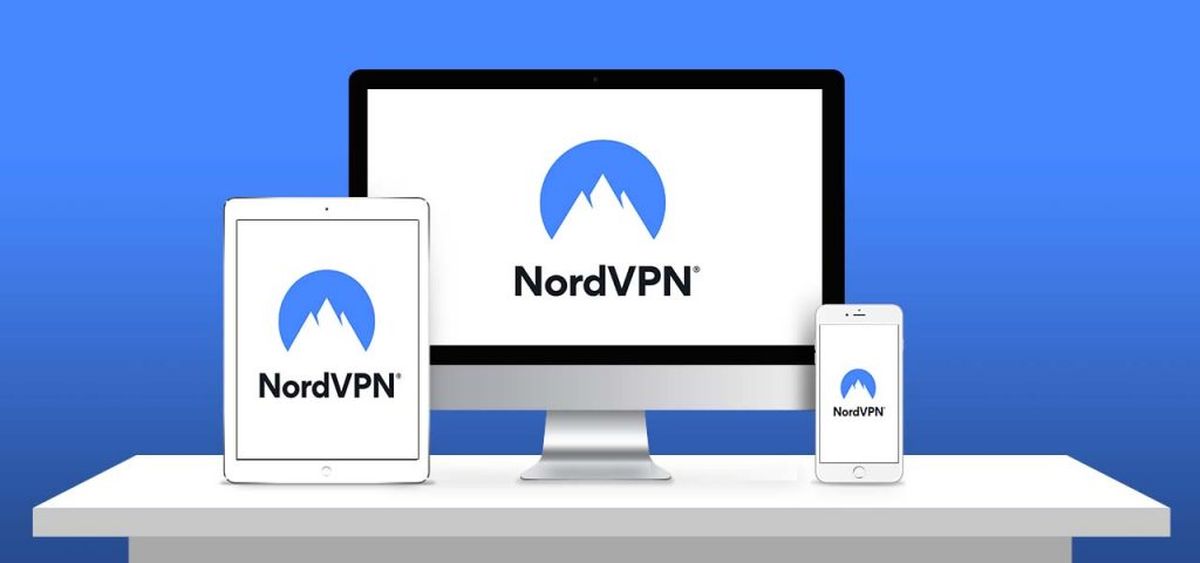
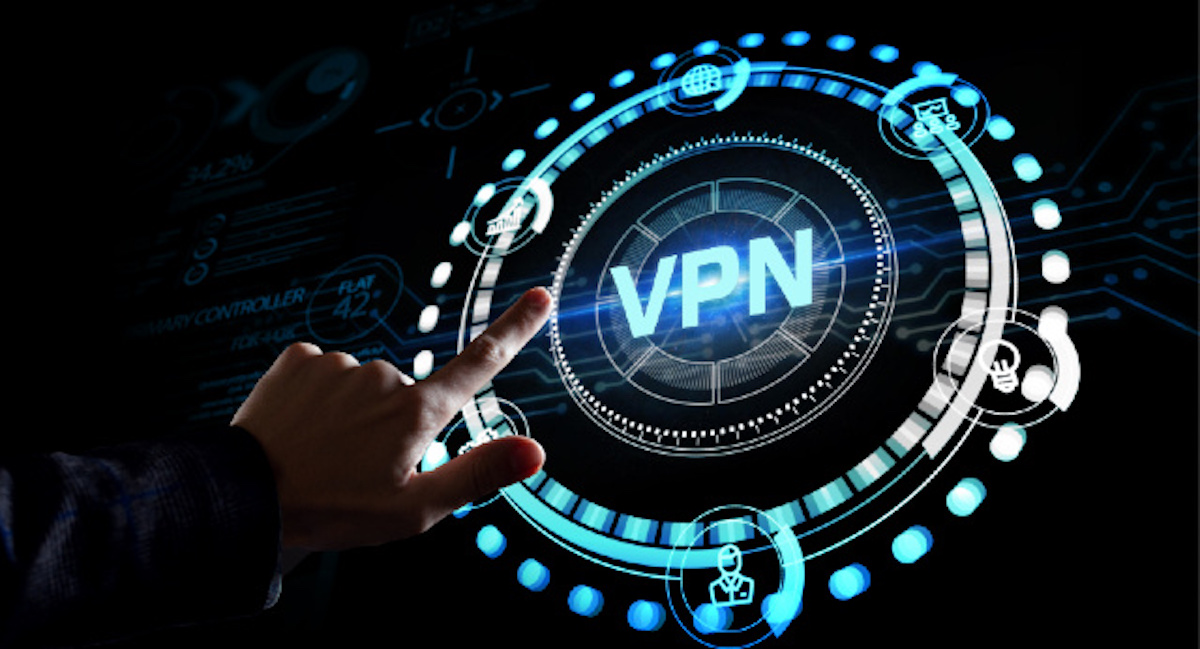
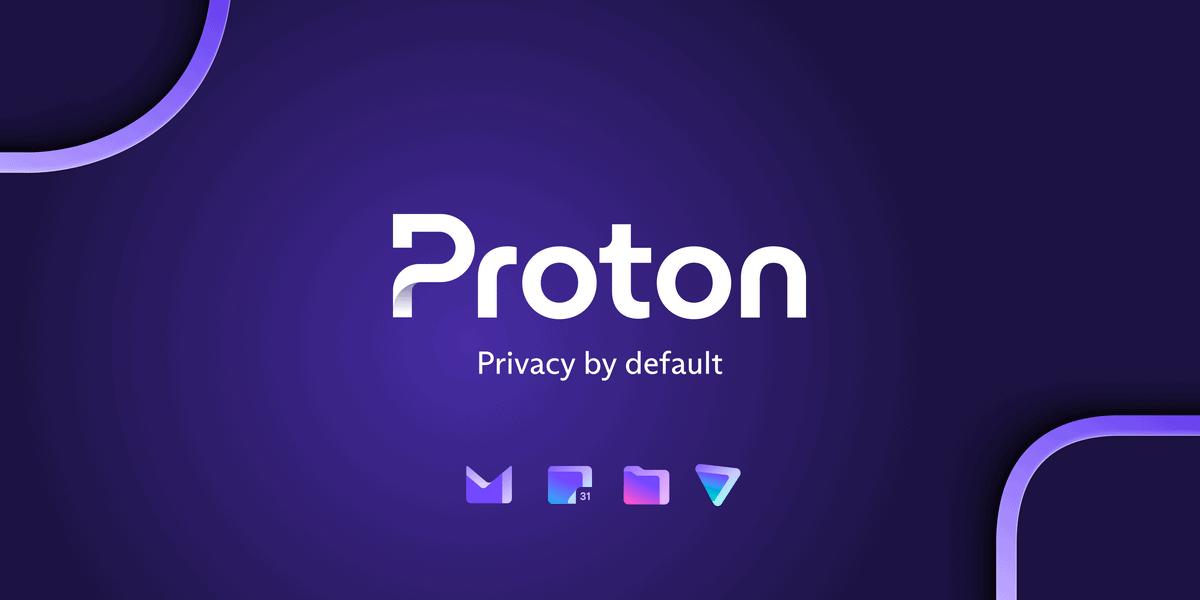












I have been using Mullvad for approximately 6 months. Overall pretty happy with it. I did have a problem paying with a Visa gift card for some reason. My workaround at the time was to attach that card to my PayPal account. Yes, there is an electronic trail linked back to me, but I’m not concerned about that.
At last check the gift cards are unavailable on Amazon and Mullvad’s site is down.
Swedish VPN is part of Fourteen Eyes. All data on the VPN is not secure.
Never use a VPN with jurisdiction (and servers) is these countries :
US, UK, Canada, Australia, New Zealand
Denmark, France, Holland, Norway
Germany, Belgium, Italy, Sweden, Spain
Good point. That is something to consider.
That tinfoil hat looks great on you, grandpa.
Oh, and I’ll add a few more things here, if the moderator will let me.
You, “anonymous”, proved a valid point and opened my box of worms. Even these blog comments are not secure.
I have never, ever, posted a comment on this blog before. But yet, you took my comment and somehow exposed my grandpa age, my 33 years of IT experience (servers, networks, VPN’s, security). I probably worked on Microsoft Windows before you were born. Proved my point. I knew “you” would reply.
I’ve built IPSec tunnels for many high level companies for over 16 years. Many different configurations, many different variables. A tunnel is secure, but the traffic inside can still be compromised. The one thing that made me “move on” was the fact I was repeating factory standards that made everyone’s head nod in agreement. But when push come to shove, I could not back up the security that Palo Alto, Cisco, Checkpoint, or any other endpoint was claiming. Failures were common, and I was the scapegoat.
Remember – all I said was that my IP was exposed because the app failed, even though it is configured to stop IP traffic on failure. I’m looking for a solid VPN app suggestion, other than “Google it”. I’m not looking for your anonymous scrutiny or what you think are funny replies. And you can quit trying to find out more about grampa on the web – I’m not that interesting, but if you need more info, just ask. I’ll find you.
grandpa implies age, or experience. where did you get that info? I did not not give it to you, so you either assume, or used the interwebs to look me up and pick out one of a 100 who fit my profile?
I only use aluminum foil, because they don’t make tinfoil anymore. Look that up butt hat.
Nice of you to tell us who not to use, rather than who to use.
But I expect a “Google it” response, which does not help matters.
I’ve been using WindScribe for about 3 years. Bought it here on a discount lifetime membership offer. Not happy with the application as of lately. Not sure of the behind the scenes crap. The app will quit due to memory leaks, or high CPU utilization breaks in code, then failover to leak your primary IP and wind up pissing off your ISP if your not watching.
It’s a known issue, but still not fixed. The workarounds do not work as expected.
I don’t really care if my ISP knows who or what country I’m connecting to (for now), I just want my data transfers, my queries, to be secure and encrypted. For them to know they type of data, the format, the file extension, the type of computer and OS I’m using, is unsettling. It’s like someone listening to your phone conversation as a third party (
yeah, I know..).
Oh, and far as as the 14 Eyes crap – remember where you are connecting from. If you are in the US, doesn’t matter who you connect to. This is the crap we have to deal with. Privacy, no matter how quaint or it serious it is, should be foremost in our minds. We have deal deal with what we have at our disposal.
@ilev
Where is your evidence that the data isn’t secure?
How do you know VPNs located in other countries aren’t honeypots set up by one of the security services of the 14 eyes?
The 14 eyes countries are very liberal as a whole.
What are you doing that you are so scared about them finding out? There are very few people that legitimately need to hide eg investigative journalists.
Probably you want to read this article about “eyes” yes or no:
https://www.skadligkod.se/vpn/the-5-9-14-eyes-misleading-vpn-argument/
This whole argument is moot when you can be your own VPN with a VPS. They are far less monitored. The ultimate life hack? TOR through a VPS.
I went to the onion site of Mullvad, there I picked one of the official resellers from their web site (and gratifyingly this specific reseller has an onion address, too). I put cash for a 1 year subscription into an envelope and anonymously sent it from a local post office via a simple letter with no return address on the envelope. Very traditional method, no crypto shit … Although it’s not recommended to send a larger amount of cash in an uninsured letter, all went well and 2 days later I received my Mullvad 1y voucher code.
How did you receive the code?
Smoke signals, presumably? Haha
@ShintoPlasm:
C’mon, ShintoPlasm, get real. EVERYONE knows Mullvad abandoned smoke signals for semaphore flags *years* ago. ;-)
@Marting
Mullvad creates a random account number, then you choose the method of payment.
So choosing cash and sending a covering letter with the account number would have it credited to the account.
After you click “purchase” at the official reseller’s web site, the web site generates a special token (that you must send on paper to the reseller together with the money in an envelope) and a specific link with some long random crypto garbage in the URL part (that is of course connected to the generated token sent by snail mail). Once they receive the money, you will find your Mullvad voucher code by visiting this specific link. Hence, it’s very important that you do not lose this URL after you finish the shopping process and that you write it down somewhere.
After all, I found this process very easy and smoothly proceeding. Two days after sending the money I received my Mullvad codes. I have done this several times and and I find it an ideal method.
Thank you for the explanation (and the others as well that provided one).
IBAN bank transfer quoting my a/c number. It doesn’t protect my privacy, but that’s not why I signed up to Mullvad in the first place.
The main reason for signing up was that they were only one of two VPNs that support the Wireguard protocol. That and the 450 WG servers (since expanded considerably) that were in operation five years ago.